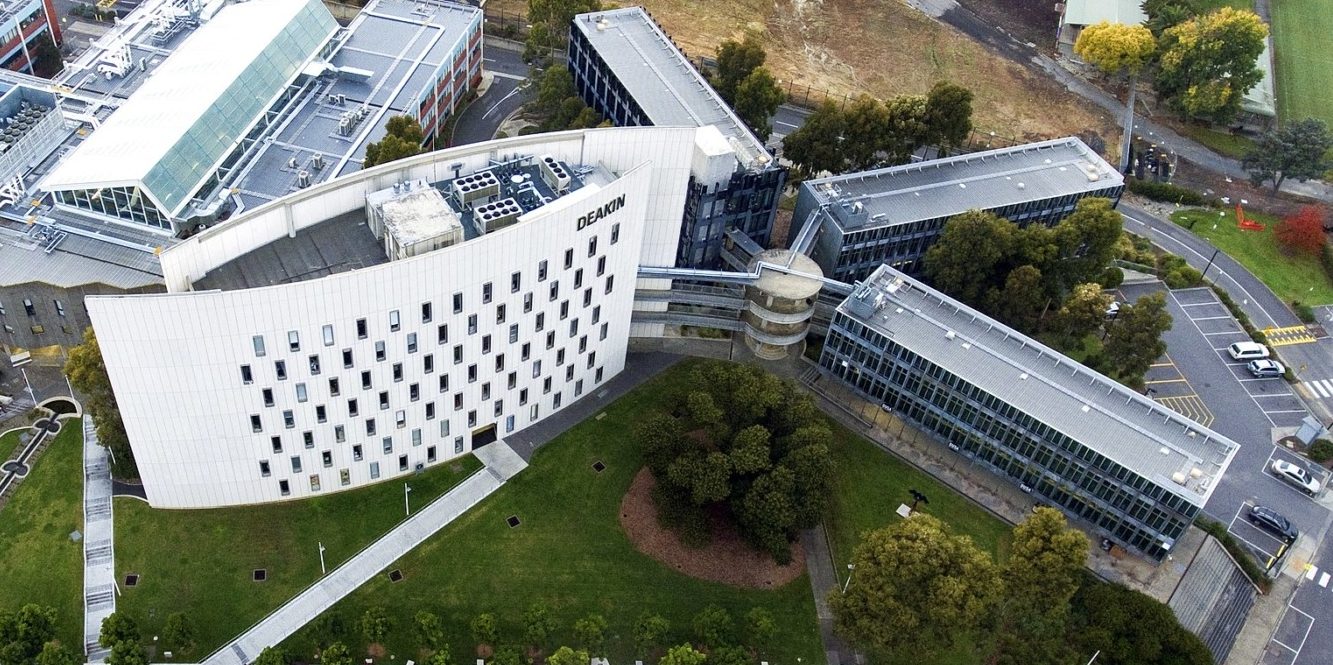Casual university staff worried over Australia’s coronavirus travel ban
Casual university staff at Australian universities are said to be concerned over the effects of the nation’s coronavirus travel ban.
The travel ban prevents people who have recently travelled through mainland China from entering Australia, aiming to prevent the spread of the virus officially known as Covid-19.
Due to Australian universities’ heavy reliance on fee-paying international students, the higher education sector has faced serious issues.
The University of Warwick’s close partner institution in Melbourne, Monash University, postponed the start of its term due to coronavirus fears.
Currently, there are 200,000 students from China studying in Australia, with the restrictions preventing more than half of these students reentering the country.
Estimates suggest that universities could lose $1.2 billion in fees from the 65,800 international students who may be forced to cancel their first semester.
This atmosphere of uncertainty is said to be directly affecting casual university staff, due to the need for enrolment numbers in hiring casual teaching staff.
Almost a quarter of the Australian academic workforce – particularly those in low-paid junior roles – is casual.
It has been reported that one particular Australian course has seen one third of enrolled students stuck in China.
Many of the affected teaching staff are believed to be Chinese PhD students, many of whom are also unable to reenter Australia.
The casualisation of the workforce leaves the university incredibly vulnerable to crises like this, and they’re going to happen more and more often
– Anonymous Australian lecturer
One anonymous lecturer told The Guardian that casualised university staff are facing “significant strain” as a result.
“How do you manage teaching contracts when a third of your students are overseas?”
“The university has a huge and unhealthy dependence on the international student market. The casualisation of the workforce leaves the university incredibly vulnerable to crises like this, and they’re going to happen more and more often.”
The lecturer also expressed concern over the possibility of a movement towards online teaching to mitigate the effects of the travel ban, which he suggested could lead to further strain and precariousness for casual teaching staff.
“A lot of teachers here aren’t bilingual, and they aren’t being paid to work outside their time zone to help students with their studies as the semester starts.”
The anonymous lecturer added: “Teachers have told me that they have resorted to emailing every student individually and that’s not sustainable. All this suggests that the institution can’t provide or effectively manage the experience that students are paying a lot of money for.”
The National Tertiary Education Union (NTEU), one of Australia’s key higher education staff unions, has expressed its support for the affected casual staff, attempting to ensure payment for those who would otherwise be teaching if it were not for the travel ban.
In a statement, the University of Sydney claimed to be “working hard to minimise disruptions as much as possible given the ongoing uncertainty of the situation”.
“We appreciate this is a challenging time for many of our students and staff – including our highly skilled and valued casual workforce.”
The Chinese government recently agreed to relax its internet restrictions for students unable to return to their universities due to coronavirus-related travel disruptions.

Comments